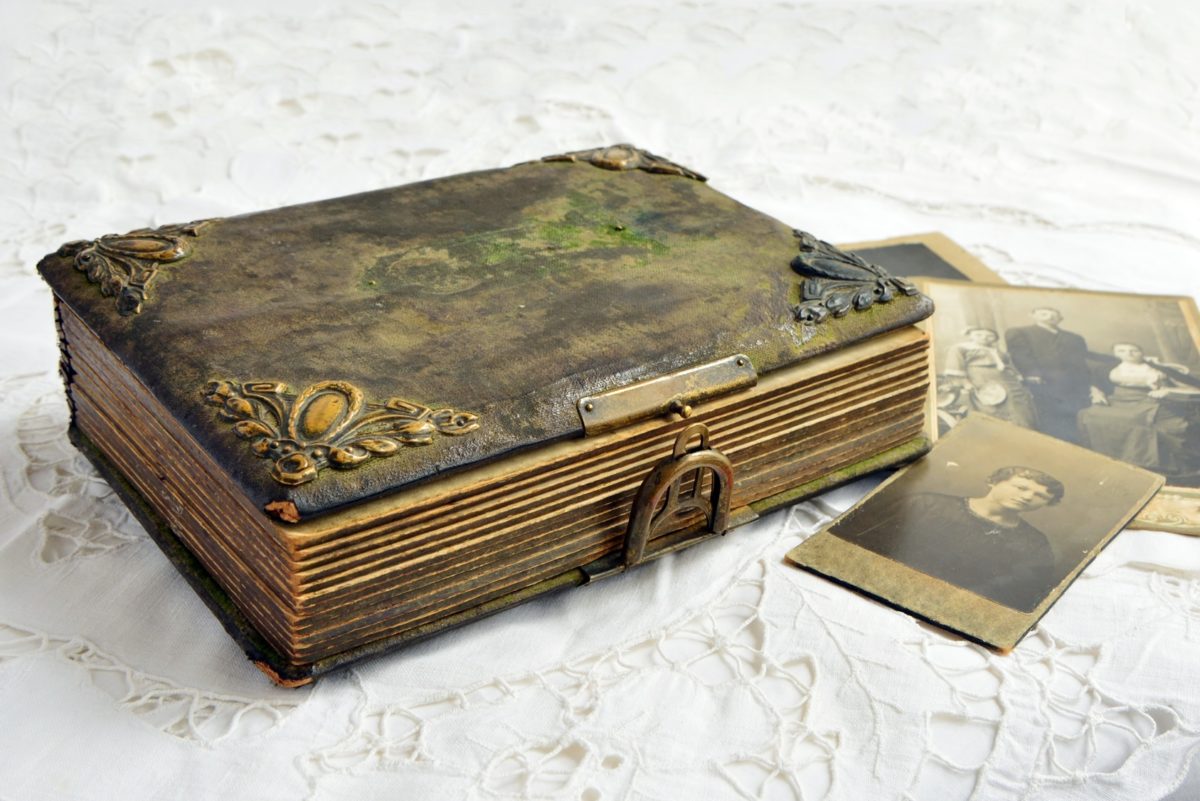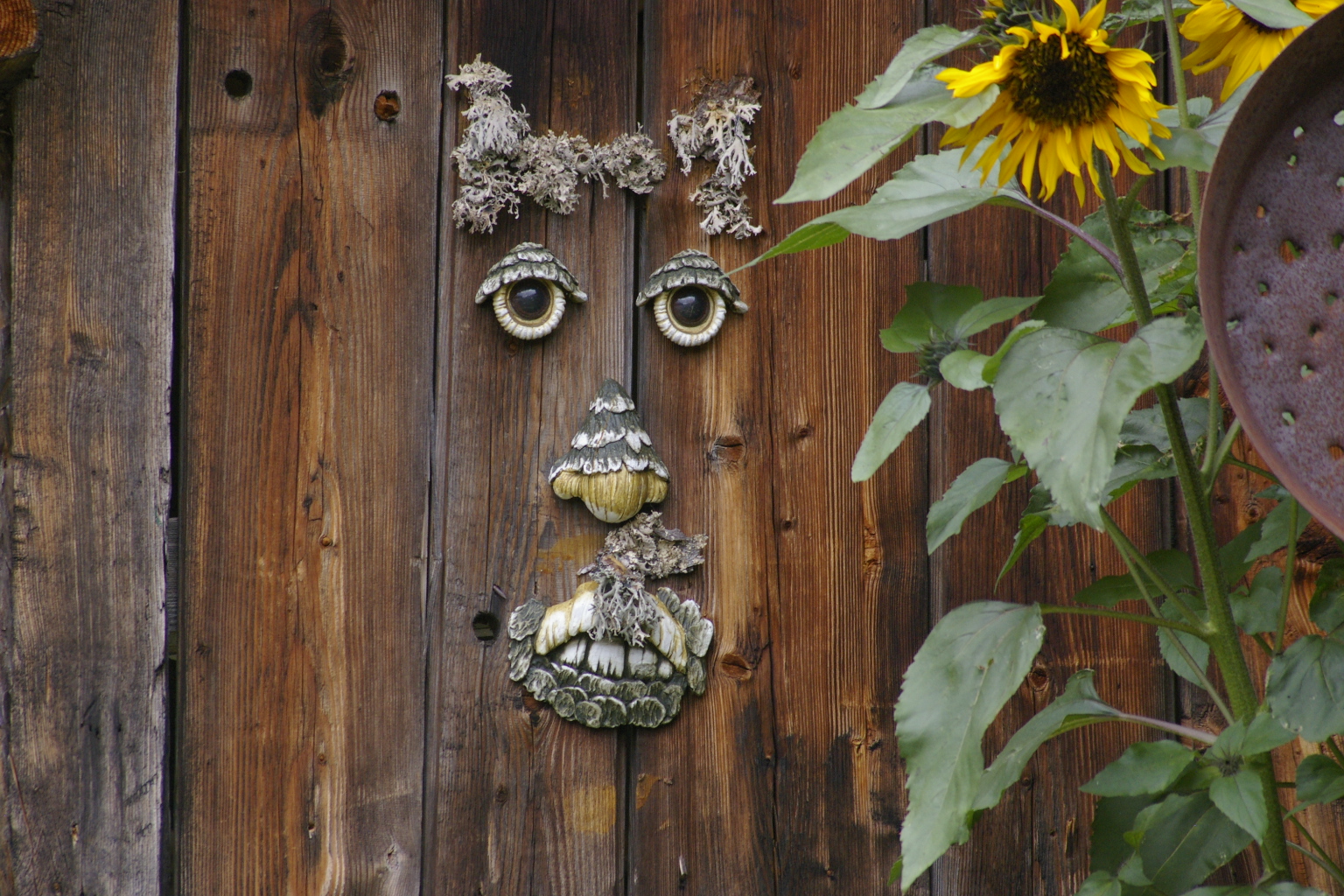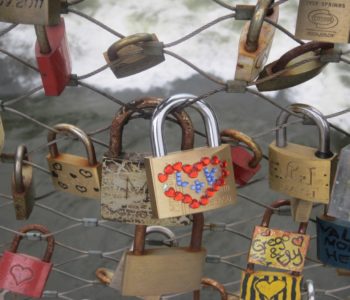
WAR AND PEACE
The topic of war and peace has been a difficult one since the beginning of mankind.
We all want peace but if we think deeply – isn’t peace an illusion?
In Western Europe we thought that we lived in peace after WW2.
And yes, there were no wars in our countries, but in how many wars were our countries involved? Through soldiers, weapons or money?
If something is not happening at our front doors, it’s so easy to displace it. Sometimes we are not even aware of what’s really going on in this world because we are so busy with our own lives.
Actually, there hasn’t been a year without a war somewhere in the world in the last century. Some wars have a very loud echo, some are kept silent – depending on their political importance.
But in every war the dynamic is the same. There are perpetrators and there are victims. And the world is very quick with assigning these roles. There are the good ones and the bad ones. That’s enough for us to know. We judge the bad ones, and we pity the good ones.
I always felt, already at young age, that it isn’t that easy, that something is wrong with this perspective and that there is much more behind this dynamic.
Working with constellations and the “Orders of Love” opened up a bigger picture for me. And I would like to share it with you.
VICTIMS AND PERPETRATORS
As soon as a war starts, we take sides. And taking sides is usually provoked by the information we get. And the information we get is never a neutral one – it is already shaped by a judgement. Most people just go with it, without questioning what is going on. Things seem to be so obvious. And as a consequence, the victim and perpetrator positions harden.
This is not very different from what happens in our daily lives on a personal basis, right?
We hear stories of people who did this and that, who suffered this and that, and immediately we decide who is the victim and who the perpetrator. We are not even slightly interested in any information that could make us doubt our first quick judgement.
When we dig deeper in our family systems, we understand and immediately see very clearly, that the victims often become perpetrators at a later stage. Sometimes we might even notice that the perpetrator one has been a victim and the one who seemed to be the victim, in reality is a perpetrator in disguise.
What happens then is that we become humble, realizing how quickly we judge and blame without really knowing.
We understand that nothing is as clear as it often seems. That every perpetrator can also be a victim and every victim can also be a perpetrator.
Now let’s look again at the big world stage. When we look at the “perpetrators” – aren’t they human beings too? Aren’t they also wounded, tortured, and killed? Aren’t they too losing their sons, fathers, husbands, and brothers? Do they have any chance to say “no” when the order comes?
And the “victims” – don’t they also wound, torture and kill – the sons, fathers, husbands and brothers of the “other” side?
When we look back in history, and I mean the real facts of history (which often are distorted, as history books are always written by the winners or the ones in power), we can find this dynamic of change in victim/perpetrator positions.
Without this wider picture we will always be far from understanding the truth. And only through understanding we can reach peace and end wars.
Sometimes wars are insane to the point that people who had been friends months before now have become enemies.
Humans kill each other because of fear or threat. But did you ever think who creates the fear? Who creates situations where human connection is exchanged with blind hatred? Who creates the energy of threat?
I leave this for your reflection.
THE INDIGNANT
In the constellation training we learn what Bert Hellinger said about the role of the “indignant”.
This is a third party, the one that is not directly involved in the conflict or war, but takes sides, for various reasons, and usually takes the side of the ones they consider victims.
They support the victims and their fight against whom they consider perpetrators. Often, they even start a fight that the victims themselves would never want.
On a personal level people often act without even being asked by the victims. Some lawyers are “indignants”, by fighting even if their client does not want it (often for their own material gain). Some therapists take sides and instigate the victims (often because of their own personal stories). And in our private life, how many people do we know who judge and instigate others against the perpetrators?
The sad thing is that the “indignants” always pretend to do what they do for the victims. But if we are honest, mostly they do it for their own feeling of importance, and often there is a lot of projection with own stories.
What consequences do these “indignants” have for the victims? Does their interference really help? Is their action really supporting the victims or does it often make the victim’s position harder and create a feeling of weakness?
Again, I leave it with you to answer these questions. From my experience real support and helping never has the energy of “indignation”.
On the wider political scale there are countless” indignants”. And I haven’t seen or
felt any of them acting out of honest humanitarian reasons. Mostly it is about power and money.
The “indignants” always perpetuate the war. They fuel the war through more weapons, more hatred, more judgement. They take sides and create an even bigger division. And often they are the reason for the actual break-out of a final war.
And we? Until we are not aware of this, until we don’t open our hearts, our eyes, our ears, we will follow the “indignants” – no matter on which side.
WAR HAS NEVER BROUGHT PEACE
Lately the German chancellor Scholz laughed about people who believe that peace can be reached without war and weapons.
As a German, first I felt anger and sadness, but then I realized that he is just expressing what most of us believe. If we want our rights, we have to fight for them. And if someone attacks us, we have to fight back. And if we feel threatened, we have to prepare for a fight.
The truth is that all this may lead to a ceasefire, but it will never bring peace.
The imaginary peace that we encounter at the end of a war is nothing than a ceasefire. Underneath the surface, in the collective unconscious (or conscious) the war continues, and the victim perpetrator dynamic continues. Sooner or later, it will flare up again and cause new conflicts and eventually lead to war – sometimes decades or centuries later.
This is not a theory or a belief, this is a truth that everyone who is willing to open their eyes and their hearts can see very clearly.
Peace can only be found when the victims and the perpetrators come together and understand that they are not separate. They are both part of a bigger picture, connected through an invisible and insoluble bond between them.
And this starts within our own hearts – no matter what conflict, no matter which war. When we refuse to take the place of the “indignant”, a big step is done in the direction of peace.
Changing the world starts within our own hearts.
In the spirit of love and reconciliation
Ursula Bell (29.10.2023)












